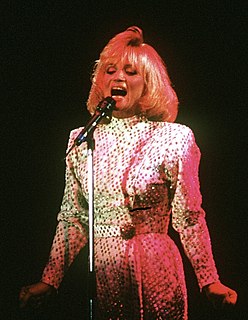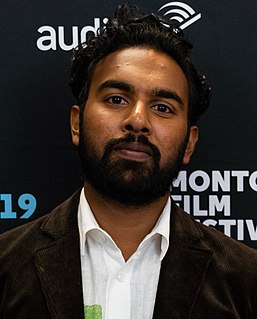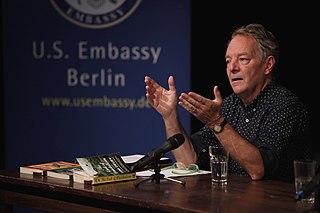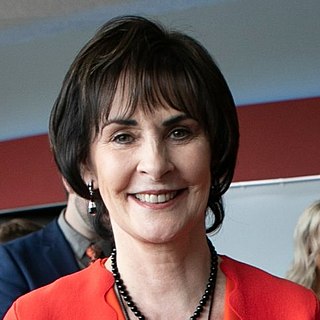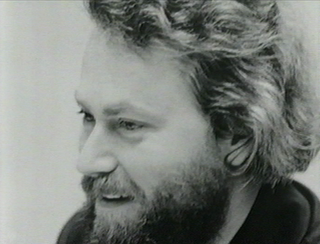A Quote by Sophie Rundle
We don't see a lot of LGBTQ representation in period dramas because there was so much shame around it at the time. The stories that we tell about that time don't tend to focus explicitly on those sorts of characters, which is nonsense because they existed.
Related Quotes
There's a lot of great writing, and characters, and stories being told in television nowadays. And much more than there used to be. The opportunities to tell stories, because of the opportunities to show content. And so it's drawing actors from cinema, movie actors, actors to where there's a lot of opportunities to where you can tell stories.
When I do period work, I really like to read about the period as much as I like to look at pictures because sometimes the written word is much better at conveying what their lives were really like and how much they had and where their clothes came from. Because, a lot of time, people dressed in their Sunday best to pose for a picture.
Some of the stories I admire seem to zero in on one particular time and place. There isn't a rule about this. But there's a tidy sense about many stories I read. In my own work, I tend to cover a lot of time and to jump back and forward in time, and sometimes the way I do this is not very straightforward.
The very act of story-telling, of arranging memory and invention according to the structure of the narrative, is by definition holy. We tell stories because we can't help it. We tell stories because we love to entertain and hope to edify. We tell stories because they fill the silence death imposes. We tell stories because they save us.
I chose philosophy because it sounded like something I ought to be interested in. I didn't know anything about it, I didn't even know what it was talking about. What I really spent my time doing in those years was writing short stories. There were all sorts of interesting courses, but what I really wanted to do was make stories one way or another.
Each of us is comprised of stories, stories not only about ourselves but stories about ancestors we never knew and people we've never met. We have stories we love to tell and stories we have never told anyone. The extent to which others know us is determined by the stories we choose to share. We extend a deep trust to someone when we say, "I'm going to tell you something I've never told anyone." Sharing stories creates trust because through stories we come to a recognition of how much we have in common.




